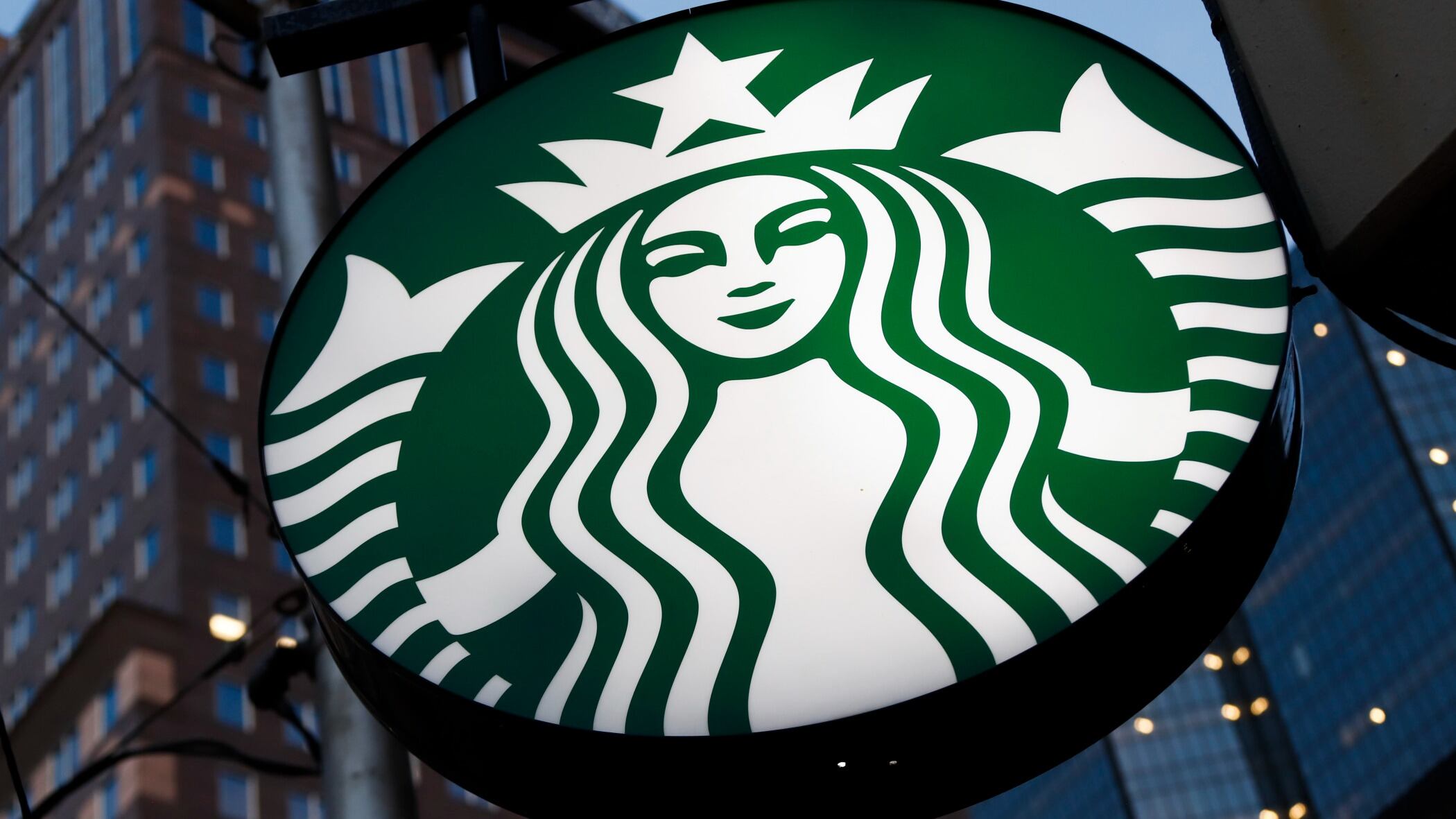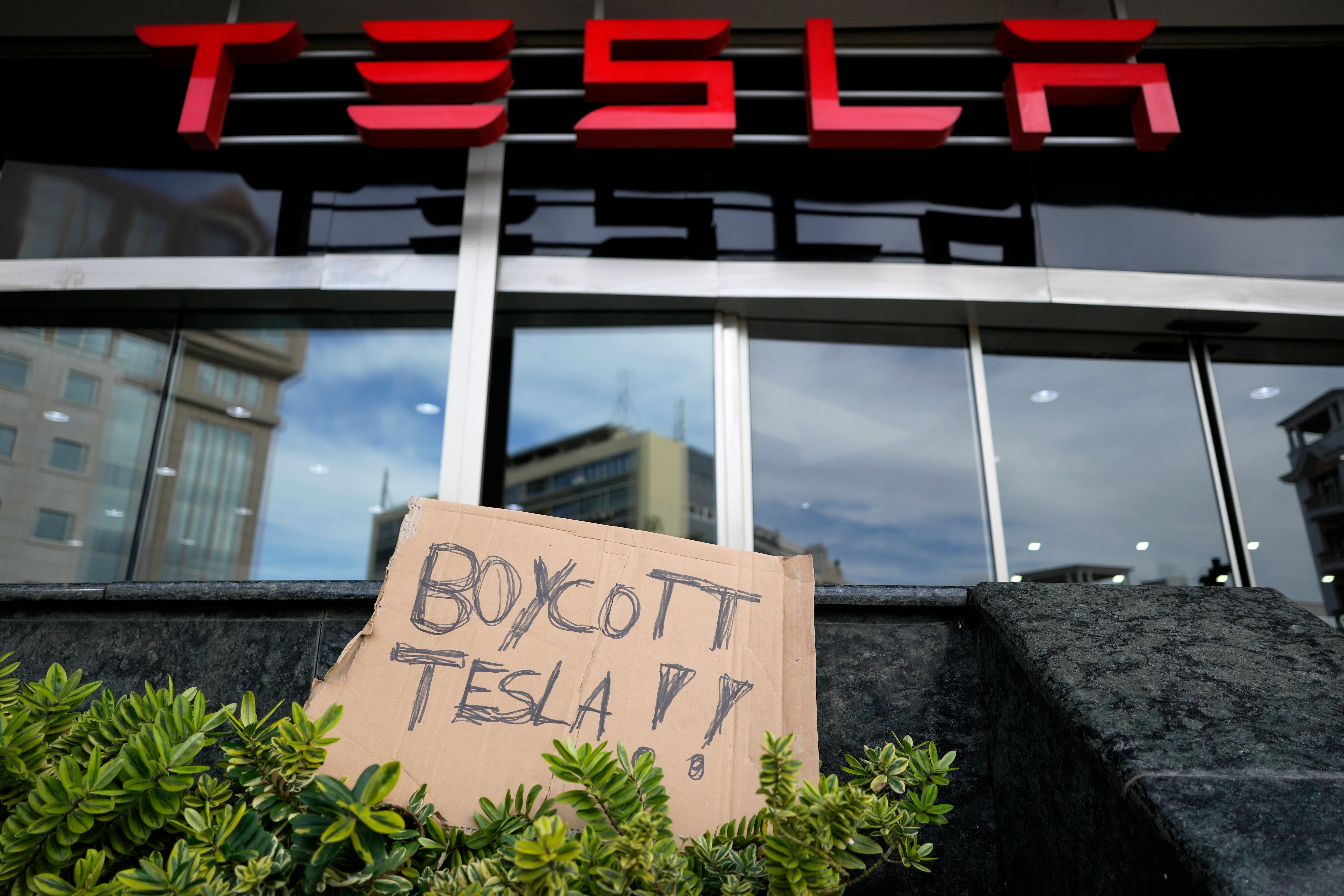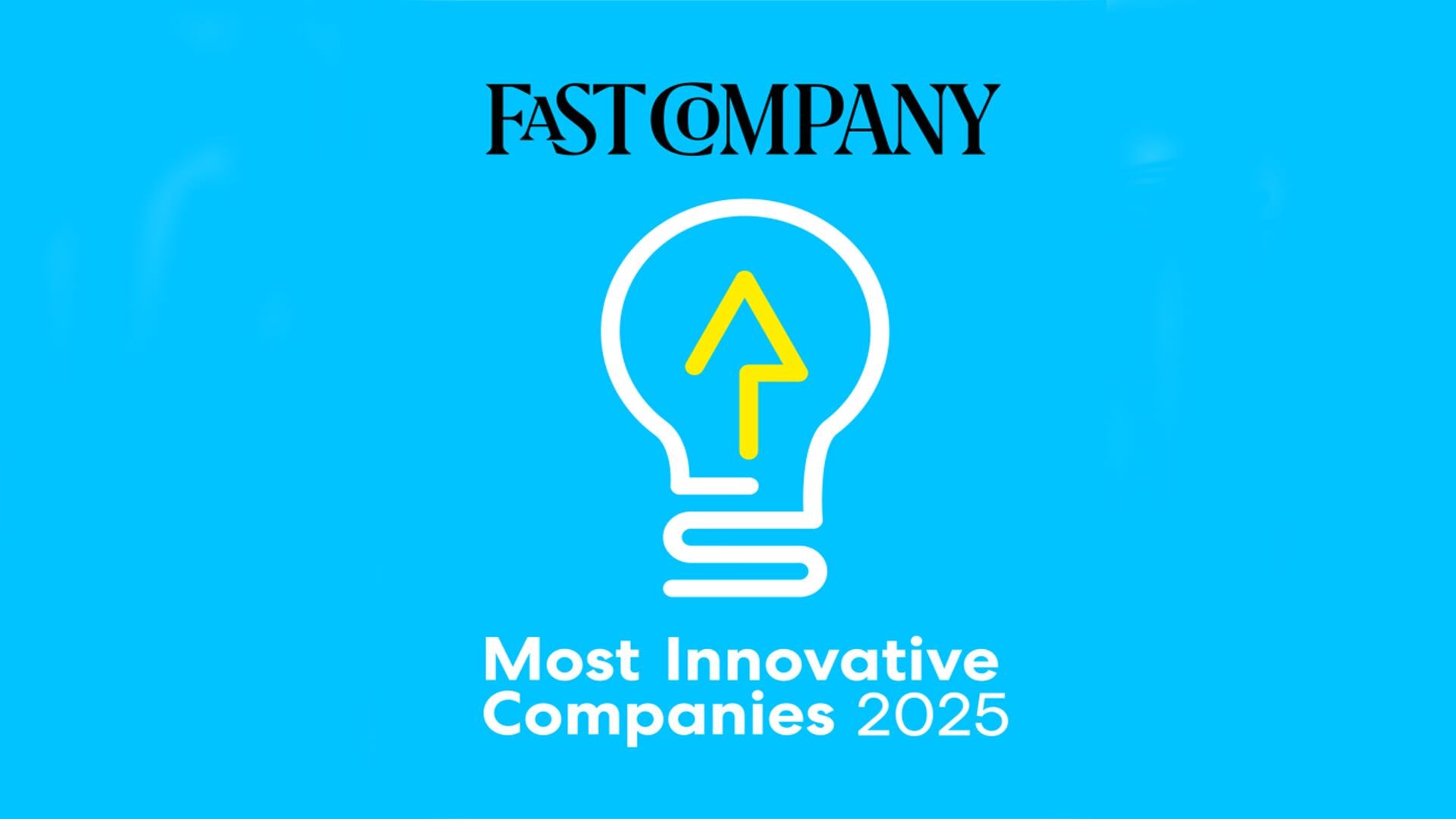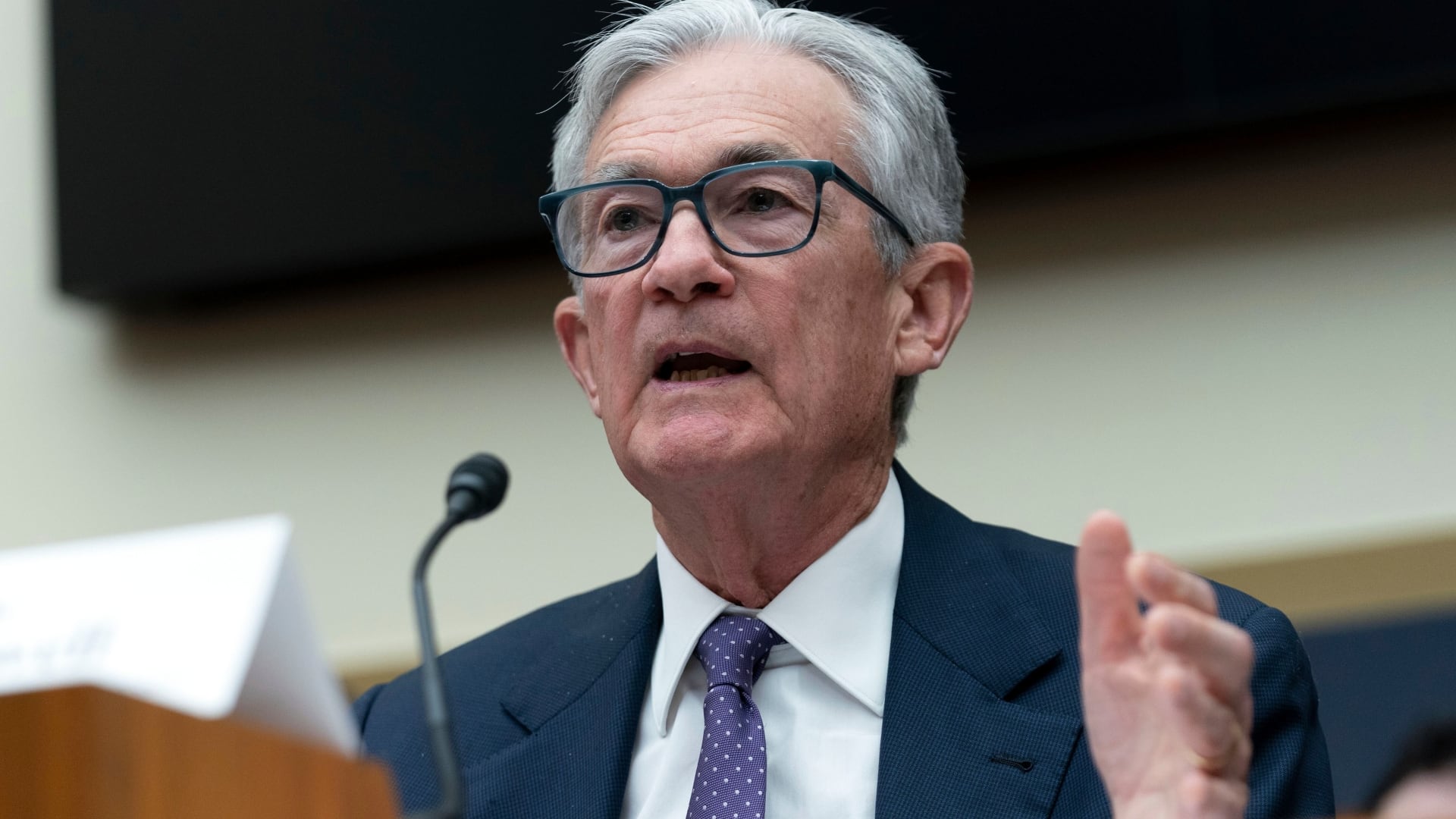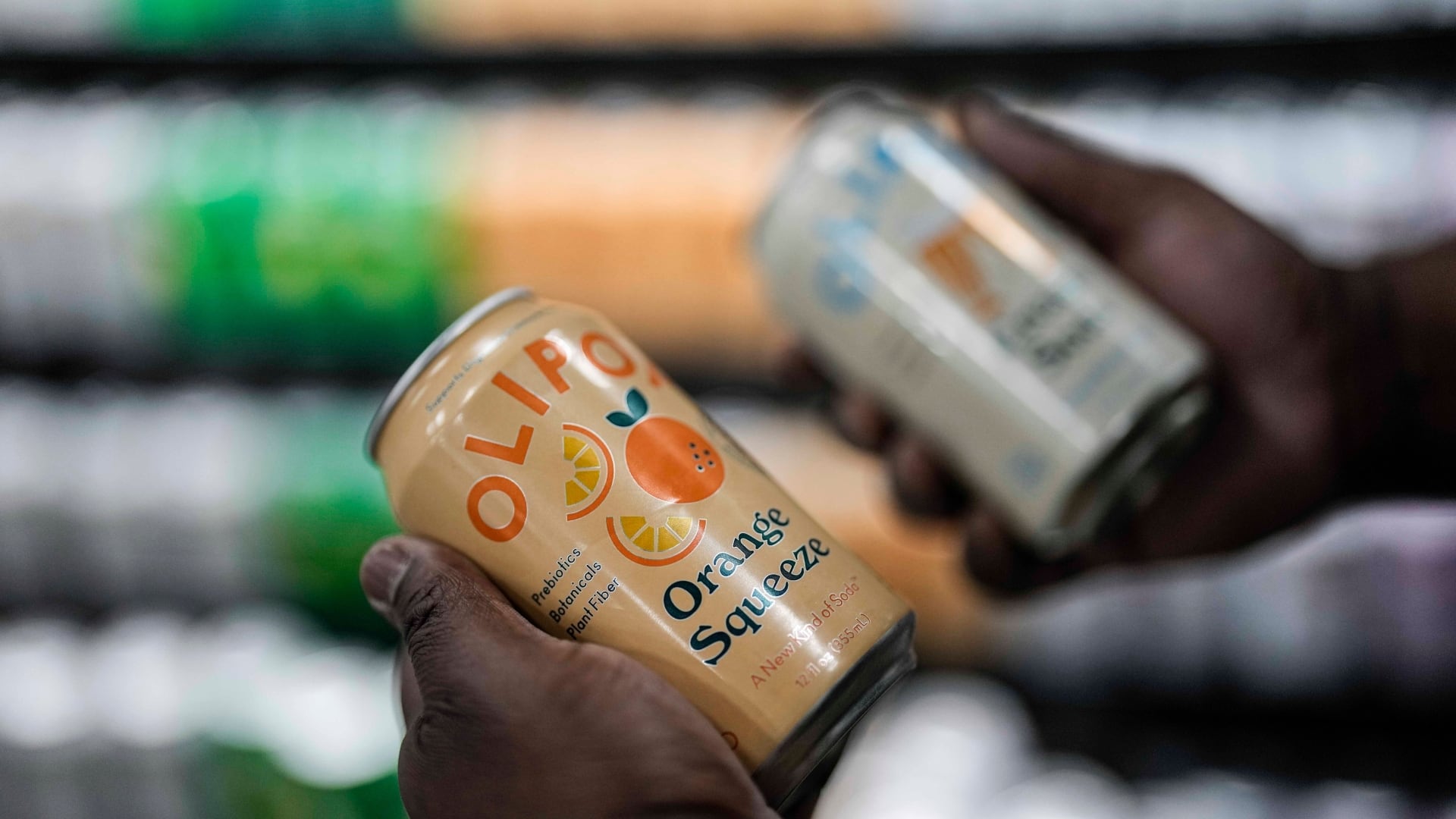Workers at 150 Starbucks locations will strike in the coming week over what their union says is a clash over decor supporting LBGTQ+ causes, but the company denies it's banned any such displays and accused the union of using misinformation as a tactic in labor talks.
Starbucks Workers United said in a tweet Friday that 3,500 workers will be on strike over the next week, starting with the flagship location in Seattle.
The union has tried to establish a foothold at Starbucks for some time and at least 358 Starbucks stores have petitioned the National Labor Relations Board to hold union elections. A Starbucks in Buffalo, New York, became the first to unionize early last year.
But those efforts have slowed in recent months with pushback from some workers who have resisted organization efforts. Starbucks on Friday said Workers United is using misinformation about its support for LBGTQ+ causes as part of ongoing contract negotiations.
“Workers United continues to spread false information about our benefits, policies and negotiation efforts—a tactic used to seemingly divide our partners and deflect from their failure to respond to bargaining sessions for more than 200 stores,” Starbucks said in a written statement.
Starbucks, based in Seattle, said last week that there had been no change to any policy on the matter and that its support for LBGTQ+ causes is “unwavering.” The company has been outspoken in its support for LBGTQ+ employees for decades. It extended full health benefits to same-sex partners in 1988 and added health coverage for gender reassignment surgery in 2013.
Starbucks Corp. is also currently selling Pride-themed tumblers in its stores designed by Toronto artist Tim Singleton, who is gay.
Workers United says that store managers around the country have curtailed or removed displays during a monthlong celebration of LGBTQ+ people. In some cases, the union said, managers told workers that Pride displays were a safety concern, citing recent incidents at Target where some angry customers tipped over merchandise and confronted workers.
Starbucks said recent anti-LBGTQ+ social media campaigns against brands like Disney, Target and Bud Light in some parts of the country have not changed it stance.
Brands like Chick-fil-A, which closes on Sundays for a day of “rest and worship,” and Cracker Barrel Old Country Store, have also been targeted online by anti-LBGTQ+ groups and individuals.
